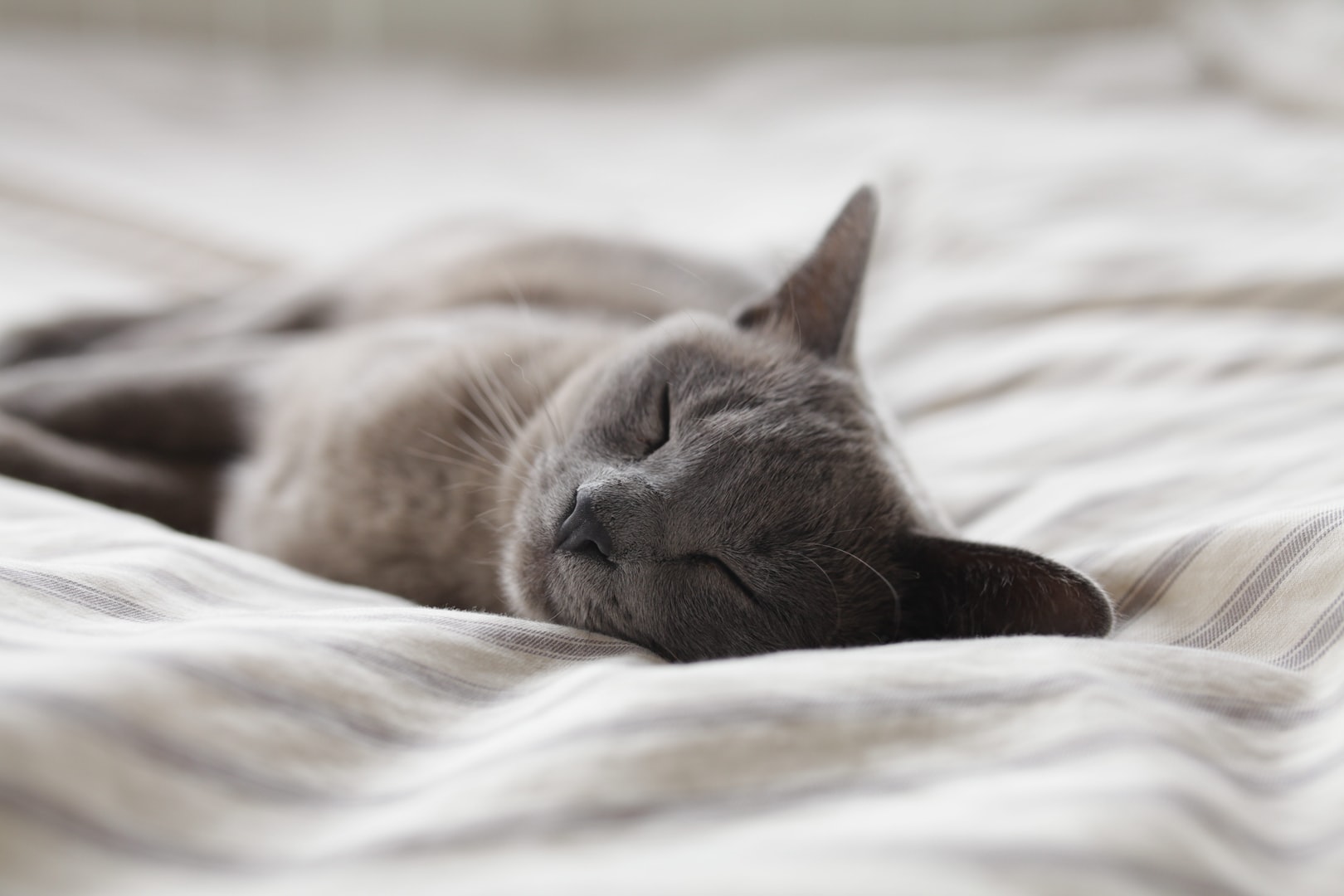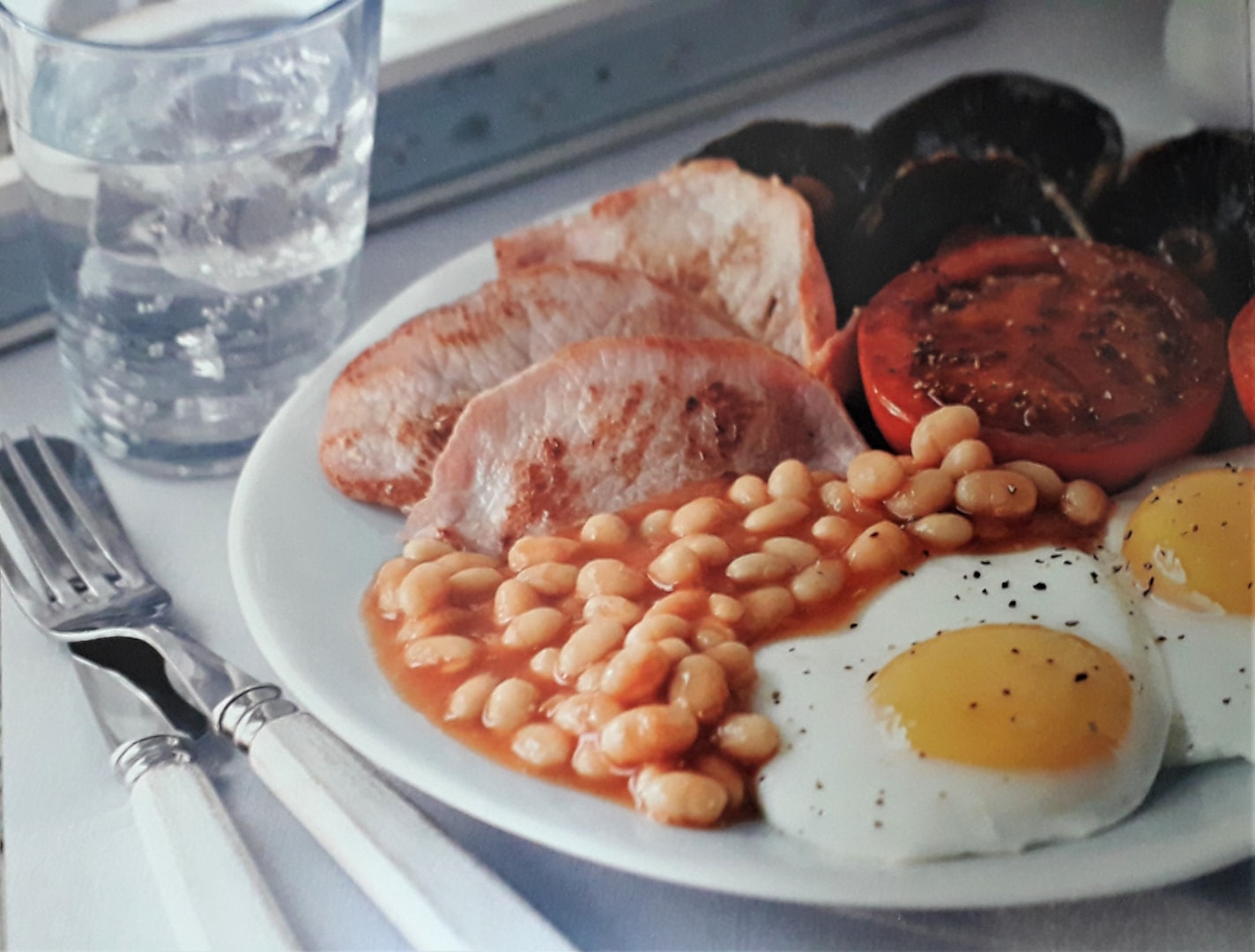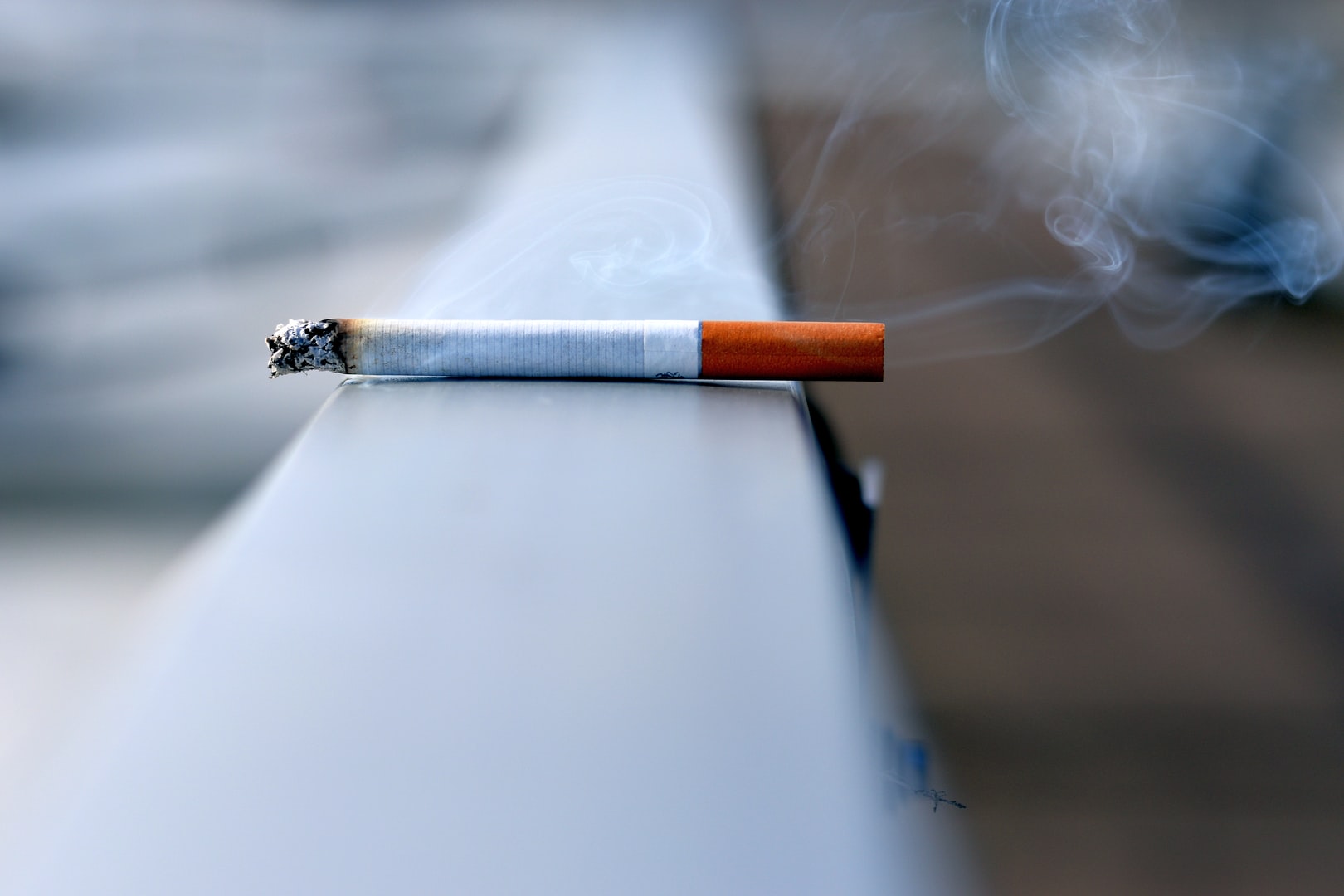Your voice is everything, so looking after it properly is everything.
Some basic tips to help you as you go.
 Swallowing SwallowingYour larynx will, particularly in classical singing, rise during performance. When you stop singing your larynx will not immediately return to its lower resting position: the optimum height for speaking. Speaking whilst the larynx is in the wrong position/height can cause vocal fatigue. It is similar to trying to pull off in a car in second gear. A quick swallow will pull your larynx back to speech position. Swallowing also promotes a sensation of hydration as the vocal folds secrete mucus.Hydration
Swallowing SwallowingYour larynx will, particularly in classical singing, rise during performance. When you stop singing your larynx will not immediately return to its lower resting position: the optimum height for speaking. Speaking whilst the larynx is in the wrong position/height can cause vocal fatigue. It is similar to trying to pull off in a car in second gear. A quick swallow will pull your larynx back to speech position. Swallowing also promotes a sensation of hydration as the vocal folds secrete mucus.HydrationSwallowing
Your larynx will often rise during performance. When you stop singing your larynx will not immediately return to its lower resting position: the optimum height for speaking. Speaking whilst the larynx is in the wrong position/height can cause vocal fatigue. It is similar to trying to pull off in a car in second gear. A quick swallow will pull your larynx back to speech position. Swallowing also promotes a sensation of hydration because the outer layer of your vocal folds will secrete mucus.
 Swallowing SwallowingYour larynx will, particularly in classical singing, rise during performance. When you stop singing your larynx will not immediately return to its lower resting position: the optimum height for speaking. Speaking whilst the larynx is in the wrong position/height can cause vocal fatigue. It is similar to trying to pull off in a car in second gear. A quick swallow will pull your larynx back to speech position. Swallowing also promotes a sensation of hydration as the vocal folds secrete mucus.Hydration
Swallowing SwallowingYour larynx will, particularly in classical singing, rise during performance. When you stop singing your larynx will not immediately return to its lower resting position: the optimum height for speaking. Speaking whilst the larynx is in the wrong position/height can cause vocal fatigue. It is similar to trying to pull off in a car in second gear. A quick swallow will pull your larynx back to speech position. Swallowing also promotes a sensation of hydration as the vocal folds secrete mucus.HydrationHydration
The vocal folds work at their best when they are hydrated and are less susceptible to fatigue and injury. However, a quick swig from a bottle of water will not hydrate your voice. In fact the water has no direct contact with your vocal folds because your epiglottis closes over your trachea when you eat or drink. The water will eventually hydrate your vocal folds, but from within your body. This process can typically take four hours so ensure that you drink water several hours before you are required to sing. However, there is a hierarchy, and your most important organs will always take the water that they need first: it may be that your vocal folds will not get as much benefit as you might think from suddenly drinking a litre of water on the day of a performance - particularly if you are already dehydrated. It can take days not hours to reach an acceptable and sustainable level of hydration. I always skull a pint of water first thing in the morning no matter what. There is a way that you can directly hydrate your vocal folds: with steam. Taking a hot shower is a great way to promote direct hydration of the vocal folds and is the perfect opportunity to siren and get your voice working. You could buy a Nelson Inhaler (about £40 on Amazon) so that you can steam at any time during the day or just before you go to bed. This is essential if you are regularly in environments that are air conditioned.
 Swallowing SwallowingYour larynx will, particularly in classical singing, rise during performance. When you stop singing your larynx will not immediately return to its lower resting position: the optimum height for speaking. Speaking whilst the larynx is in the wrong position/height can cause vocal fatigue. It is similar to trying to pull off in a car in second gear. A quick swallow will pull your larynx back to speech position. Swallowing also promotes a sensation of hydration as the vocal folds secrete mucus.Hydration
Swallowing SwallowingYour larynx will, particularly in classical singing, rise during performance. When you stop singing your larynx will not immediately return to its lower resting position: the optimum height for speaking. Speaking whilst the larynx is in the wrong position/height can cause vocal fatigue. It is similar to trying to pull off in a car in second gear. A quick swallow will pull your larynx back to speech position. Swallowing also promotes a sensation of hydration as the vocal folds secrete mucus.HydrationRest
Think about what you are asking your voice do when you are not singing. If you are putting yourself in environments where there is lots of noise and you have to talk loudly to be heard, you are not permitting your voice to rest properly even though you are not singing. Taking a quiet 30 minutes during your day with no music, phone calls or any conversation can yield surprisingly good results because your natural recovery properties are very good.
 Swallowing SwallowingYour larynx will, particularly in classical singing, rise during performance. When you stop singing your larynx will not immediately return to its lower resting position: the optimum height for speaking. Speaking whilst the larynx is in the wrong position/height can cause vocal fatigue. It is similar to trying to pull off in a car in second gear. A quick swallow will pull your larynx back to speech position. Swallowing also promotes a sensation of hydration as the vocal folds secrete mucus.Hydration
Swallowing SwallowingYour larynx will, particularly in classical singing, rise during performance. When you stop singing your larynx will not immediately return to its lower resting position: the optimum height for speaking. Speaking whilst the larynx is in the wrong position/height can cause vocal fatigue. It is similar to trying to pull off in a car in second gear. A quick swallow will pull your larynx back to speech position. Swallowing also promotes a sensation of hydration as the vocal folds secrete mucus.HydrationSlack folds (also known as glottal fry/creak)
There are loads of examples of this on YouTube if you don’t know what slack folds/fry/creak is. The benefits of performing the creak regularly is that is it relaxes and loosens your vocal folds and, for me, provides a sense of the voice being refreshed. Similar to the swallow, slack folds will help reset your larynx to speech position and calm your voice down after performance. On an Estill course that I attended some years ago, the presenter likened the creak to gently shaking the creases out of a duvet cover (the duvet being your vocal folds of course).
 Swallowing SwallowingYour larynx will, particularly in classical singing, rise during performance. When you stop singing your larynx will not immediately return to its lower resting position: the optimum height for speaking. Speaking whilst the larynx is in the wrong position/height can cause vocal fatigue. It is similar to trying to pull off in a car in second gear. A quick swallow will pull your larynx back to speech position. Swallowing also promotes a sensation of hydration as the vocal folds secrete mucus.Hydration
Swallowing SwallowingYour larynx will, particularly in classical singing, rise during performance. When you stop singing your larynx will not immediately return to its lower resting position: the optimum height for speaking. Speaking whilst the larynx is in the wrong position/height can cause vocal fatigue. It is similar to trying to pull off in a car in second gear. A quick swallow will pull your larynx back to speech position. Swallowing also promotes a sensation of hydration as the vocal folds secrete mucus.HydrationDiet
Alcohol, caffeinated drinks and salty anything will dry you out nicely: manage your intake of such things prior to singing. Fried foods, dairy products and chocolate can promote residual mucus in the larynx in some people, but the effect is usually short lived (20 mins to an hour). Also, some medication can cause short term vocal discomfort - some asthma inhalers, for example, have propellants that may potentially irritate your vocal folds. This is easily mitigated by swilling a mouthful of water around and spitting it out.
 Swallowing SwallowingYour larynx will, particularly in classical singing, rise during performance. When you stop singing your larynx will not immediately return to its lower resting position: the optimum height for speaking. Speaking whilst the larynx is in the wrong position/height can cause vocal fatigue. It is similar to trying to pull off in a car in second gear. A quick swallow will pull your larynx back to speech position. Swallowing also promotes a sensation of hydration as the vocal folds secrete mucus.Hydration
Swallowing SwallowingYour larynx will, particularly in classical singing, rise during performance. When you stop singing your larynx will not immediately return to its lower resting position: the optimum height for speaking. Speaking whilst the larynx is in the wrong position/height can cause vocal fatigue. It is similar to trying to pull off in a car in second gear. A quick swallow will pull your larynx back to speech position. Swallowing also promotes a sensation of hydration as the vocal folds secrete mucus.HydrationSmoking
Erm no. Just no.
Or vaping - you know who you are girls. Just don't do it.
 Swallowing SwallowingYour larynx will, particularly in classical singing, rise during performance. When you stop singing your larynx will not immediately return to its lower resting position: the optimum height for speaking. Speaking whilst the larynx is in the wrong position/height can cause vocal fatigue. It is similar to trying to pull off in a car in second gear. A quick swallow will pull your larynx back to speech position. Swallowing also promotes a sensation of hydration as the vocal folds secrete mucus.Hydration
Swallowing SwallowingYour larynx will, particularly in classical singing, rise during performance. When you stop singing your larynx will not immediately return to its lower resting position: the optimum height for speaking. Speaking whilst the larynx is in the wrong position/height can cause vocal fatigue. It is similar to trying to pull off in a car in second gear. A quick swallow will pull your larynx back to speech position. Swallowing also promotes a sensation of hydration as the vocal folds secrete mucus.HydrationBe kind to you. Be kind to your voice.